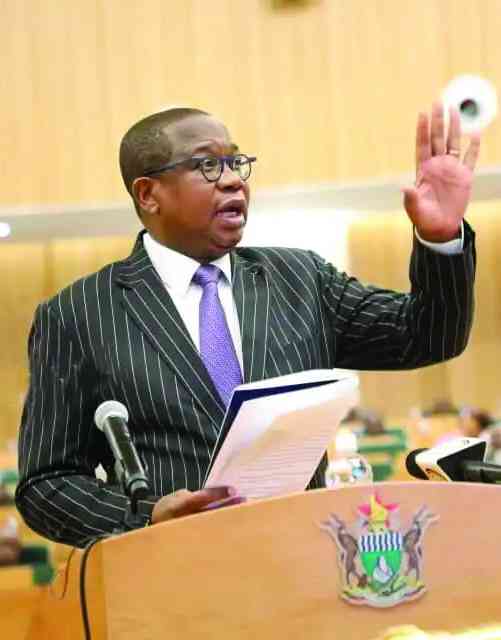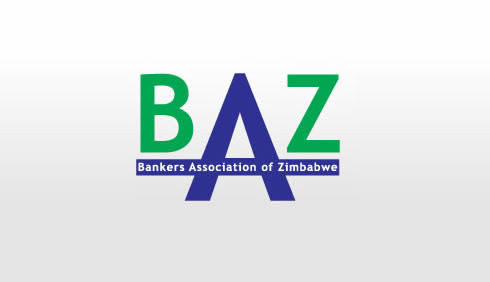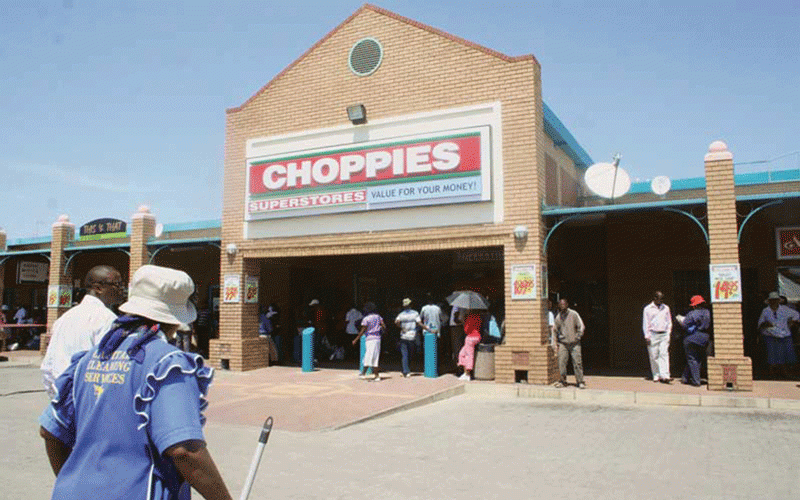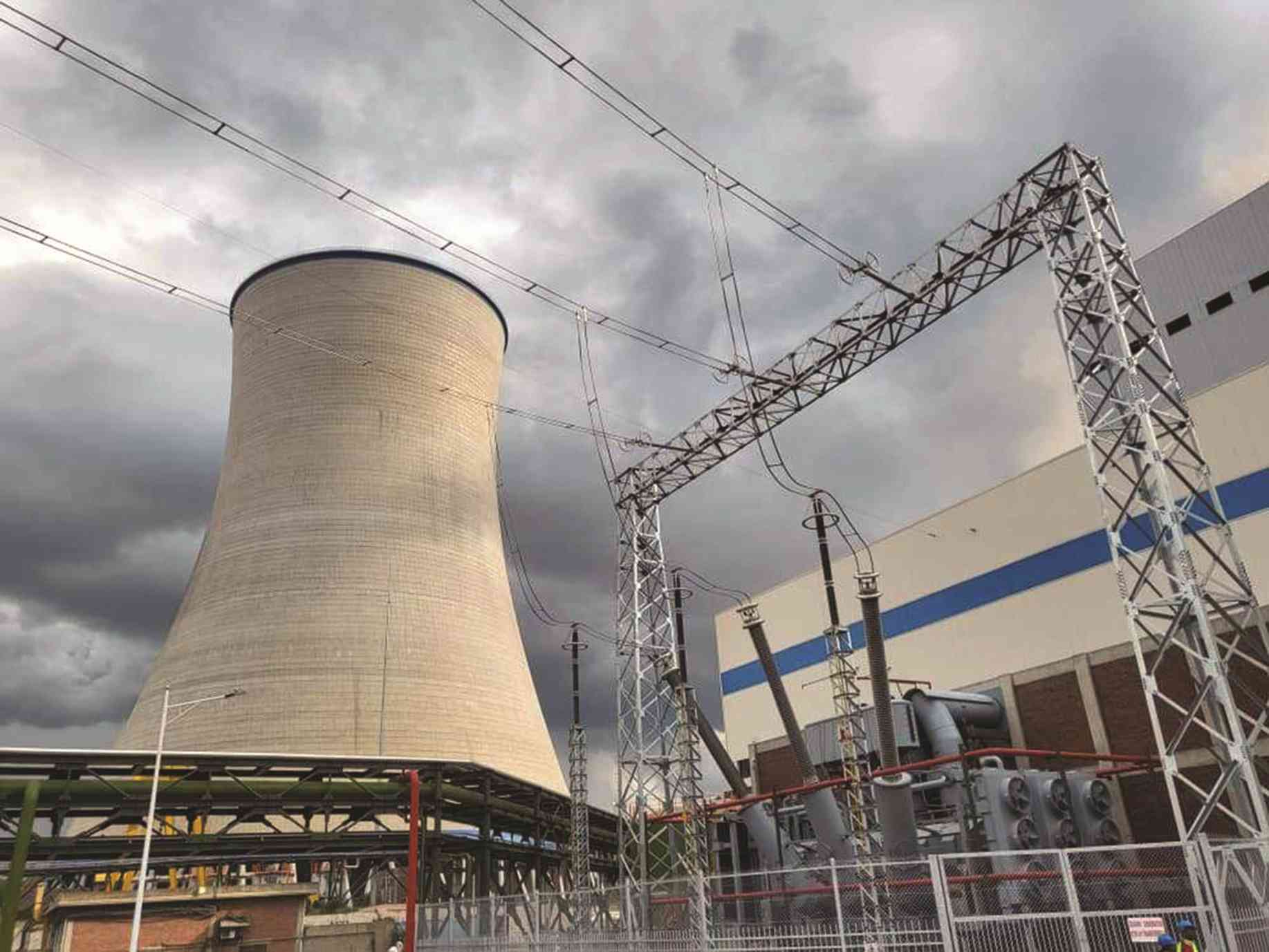
DURING the 2024 National Budget consultations, Finance minister Mthuli Ncube promised that he was going to deliver a “pro-poor and pro-industry” budget.
But, surprisingly, the budget, which he presented yesterday is neither pro-poor nor pro-industry.
Instead of providing some tax relief to citizens, Ncube introduced new taxes and levies. He proposed to review upwards the strategic reserve levy by US$0,03 and US$0,05 per litre of diesel and petrol, respectively. As if that was not enough, the Treasury boss proposed an upward review of toll fees on premium roads, that is, Harare-Beitbridge and Plumtree-Mutare and other roads. Again, Ncube proposed that passport and selected fees charged by the Central Vehicle Registry be increased.
He introduced these new taxes and levies fully aware that Zimbabweans are subjected to various tax heads, such as pay as you earn, the 2% intermediated mobile money tax (IMTT), 15% value-added tax, among others. The review of the tax-free threshold to ZW$750 000 (US$130) per month or ZW$9 million per annum is not enough to cushion the suffering citizens. This is because the majority of citizens earn below ZW$1 million (US$172) per month.
In response to the growing concerns on the adverse effects of consumption of sugar, in particular, contained in beverages, Ncube proposed to introduce tax on beverages, arguing it has been implemented in a number of countries, including in the Sadc region.
Ncube also stayed the IMMT, which is now applied to all transactions, even on formal businesses that also pay corporate tax.
This was against industry’s request for it to be removed.
The controversial tax has been widely condemned as an extra burden on industry, and citizens already struggling to make ends meet.
- Budget dampens workers’ hopes
- Govt issues $24 billion Covid-19 guarantees
- Letter to my People:They have no answers for Nero’s charisma
- ZMX to enhance farm profitability
Keep Reading
The Zimbabwe Investment and Development Agency also wanted the Treasury to scrap the IMTT, saying this will improve the country’s business environment. Zimbabwe has been lagging behind regional peers on attracting foreign direct investment. But Ncube turned a deaf ear. According to an analysis on tax by the Zimbabwe Coalition on Debt and Development, citizens throughout the country are experiencing high taxes, with the Zimbabwe Revenue Authority continuing to exceed targets, despite weak economic activity.
We, however, applaud Ncube for introducing wealth tax to ensure that every person contributes to the fiscus in line with their levels of income. Ncube also proposed to enact domestic minimum top up tax (DMTT) rules to guard against ceding taxing rights to foreign jurisdictions on top-up tax arising from tax incentives that are provided to those investments. This is commendable.
The DMTT is part of the global rules, which aim to ensure that global profits of large multinational enterprises are taxed at a minimum corporate income tax rate of 15%.
We also like to commend Ncube for converting the current Covid-19 and cushioning allowances, aggregating to US$300, to be part of the pensionable emoluments across the board, as part of the remuneration review process for civil servants. But sadly, due to high taxes, none will enjoy their salaries.










